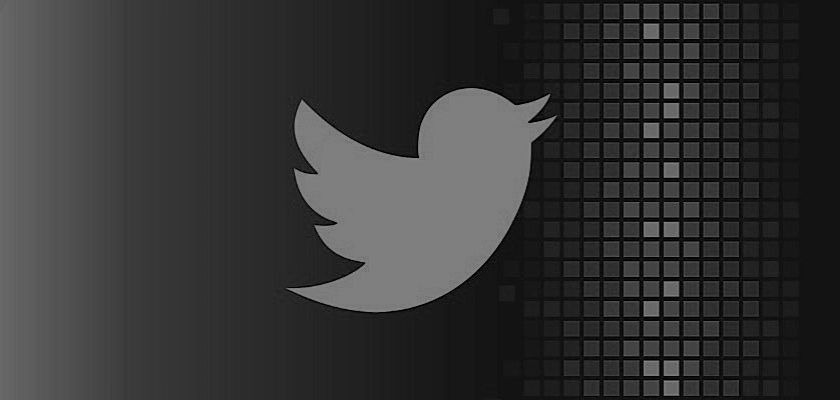Twitter has announced that it will no longer be accepting any advertising from state-controlled news media entities. This follows our report of Twitter running a propaganda ad campaign against Hong Kong protestors from the state-owned China Xinhua News agency.
Prior to this announcement, China Xinhua News was running multiple ads in the midst of the Hong Kong protests which framed the protestors as causing “wide-spread violence,” suggested that the police force had “exercised extraordinary restraint in the face of riots,” claimed that the protests are “radical,” and framed the protestors as “radicals who instigated violence.” Some of these ads were run days after a young woman’s eye was gouged by a projectile thrown by the police.
Twitter doesn’t mention the ads from China Xinhua News in its announcement on these updated advertising policies or any other ads related to the Hong Kong protests. However, in a separate post that was published just before Twitter’s post on these new advertising policies, the company does disclose that it has discovered “a significant state-backed information operation focused on the situation in Hong Kong, specifically the protest movement and their calls for political change.”
China Xinhua News wasn’t involved in this operation but Twitter discloses that “936 accounts originating from within the People’s Republic of China (PRC)” were involved.
In its announcement on these ad policy changes, Twitter says affected entities will have “30 days to offboard from our advertising products” and that “no new campaigns will be allowed and we will enforce our policies rigorously.” Based on these current rules, China Xinhua News could still potentially run all of its current ads framing the Hong Kong protestors as the group causing the violence for another month.
When it comes to determining what constitutes a state-controlled news media entity, Twitter says:
“This policy will apply to news media entities that are either financially or editorially controlled by the state. It has been informed by established academic and civil society leaders in this space. Sources include Reporters Without Borders Press Freedom Index, Freedom House, the Economist Intelligence Unit Democracy Index, the European Journalism Centre’s Media Landscapes Report, the Committee to Protect Journalists, and UNESCO’s framework to assess media development and independence.
We will be making policy determinations on the basis of critical issues of media freedom and independence, such as control of editorial content, financial ownership, influence or interference over broadcasters, editors, and journalists, direct and indirect exertion of political pressure, and/or control over the production and distribution process.
This policy will not apply to entities that are solely dedicated to entertainment, sports, and travel content. However, if the content is mixed with news, it will be prohibited.”
Twitter adds that “This policy will not apply to taxpayer-funded entities, including independent public broadcasters” which means entities such as the BBC and CBC will not be prevented from running ads under this rule. It also creates a potential loophole for organizations like China Xinhua News to change their funding model and become “taxpayer-funded entities” to start running Twitter ads again.
The policy will also not have an impact on how China Xinhua News and other state-controlled news media entities use Twitter organically.













